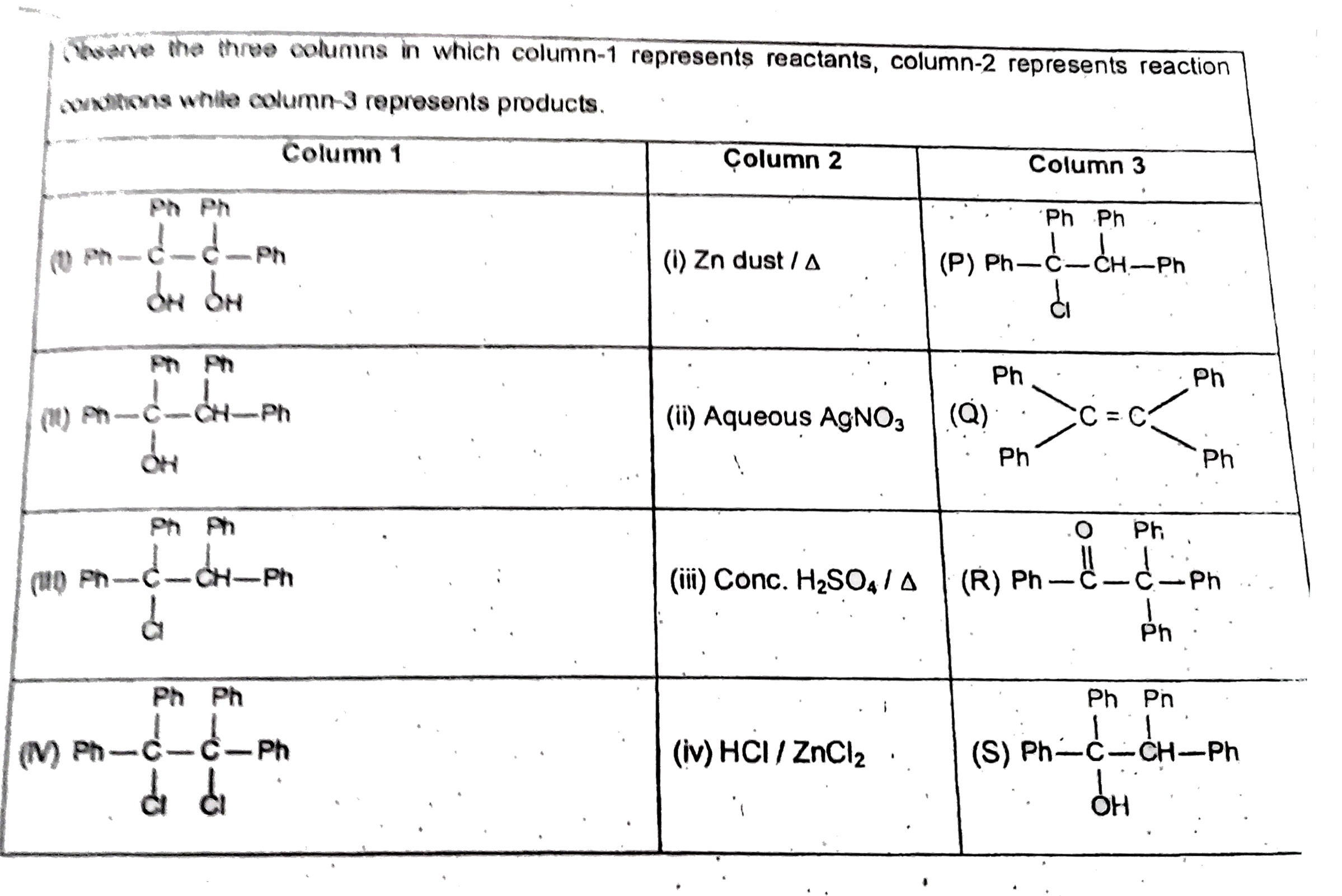State a condition under which a bimolecular reaction is kinetically first order reaction.
Text Solution
A bimolecular reaction becomes first order reaction when one of the reactants is in excess.
|
Updated on:21/07/2023
Topper's Solved these Questions
- BOOK - CBSE COMPLEMENTARY MATERIALCHAPTER - CHEMICAL KINETICSEXERCISE - SHORT ANSWER-I TYPE QUESTIONS26videos
CHEMICAL KINETICS
- BOOK - CBSE COMPLEMENTARY MATERIALCHAPTER - CHEMICAL KINETICSEXERCISE - SHORT ANSWER TYPE-II QUESTIONS23videos
CHEMICAL KINETICS
- BOOK - CBSE COMPLEMENTARY MATERIALCHAPTER - CHEMICAL KINETICSEXERCISE - LONG ANSWER TYPE QUESTIONS12videos
CHEMICAL KINETICS
- BOOK - CBSE COMPLEMENTARY MATERIALCHAPTER - BIOMOLECULESEXERCISE - SHORT ANSWER-II TYPE QUESTION13videos
BIOMOLECULES
- BOOK - CBSE COMPLEMENTARY MATERIALCHAPTER - CHEMISTRY IN EVERYDAY LIFEEXERCISE - LONG ANSWER TYPE QUESTIONS2videos
CHEMISTRY IN EVERYDAY LIFE
Similar Questions
Knowledge Check
- Question 1 - Select One
State one condition under which a bimolecular reaction may be kinetically of first order reactions.
AWhen both reactants have same concentrationBwhen one of the reacting species is in large excessCwhen the reaction is at equilibriumDwhen the activation energy of reaction is less - Question 2 - Select One
Concentration dependence of rate is called differential rate equation. Integrated differential equations give relation between directly measured experimental data i.e., concentration at different times and rate constant. The integrated rate equations are different for the reactions of differennt reaction orders. the first-order reaction has a rate constant 1.15×10−3s−1.
Q. Under which condition a bimolecular reaction is kinetically first order reaction:AWhen two ractants are involved.BWhen one of the reactants is in excess.CWhen one of the reactants does not involve in reaction.DNone of these. - Question 3 - Select One
Under what conditions a bimolecular reaction may be kinetically of first order ?
Awhen both reactants have same concentrationBwhen one of the reacting species is in large excessCwhen the reaction is at equilibriumDwhen the activation energy of reaction is less
State one condition in which a bimolecular reaction may be kinetically of the first order?
View Solution(a)The rate constants of a reaction at 500 K and 700 K are 0.02 s−1and0.07s−1 respectively. Calculate the value of Ea.
(b) Under what condition a bimolecular reaction behaves kinetically first order reaction ?View SolutionDefine order of reaction. Write the condition under which a bimolecular reaction follows first order kinetics.
View SolutionWhich of the following reactions is pseudo first order reaction?
View Solution
The bimolecular reaction is represented by :View Solution
